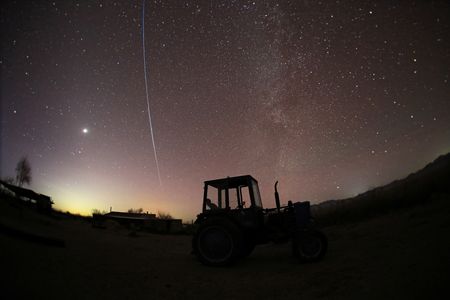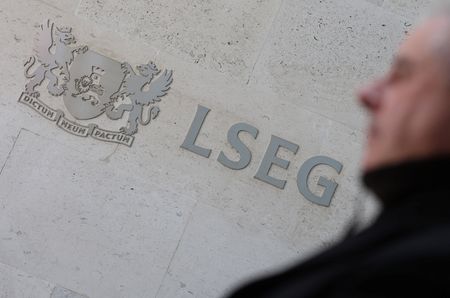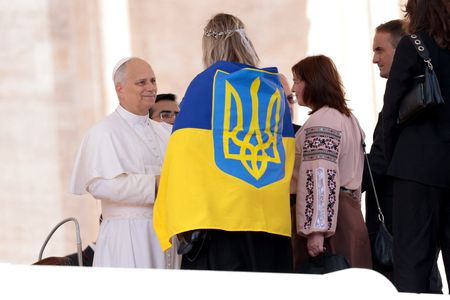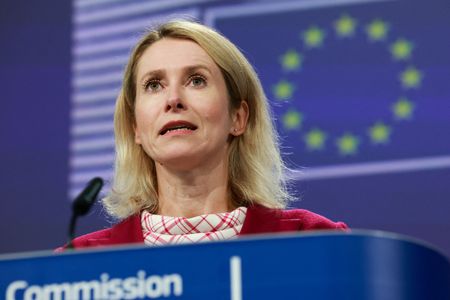MOSCOW (Reuters) – Russia will soon have a rival to Elon Musk’s satellite internet service Starlink, as it tries to shift away from outdated thinking that has allowed SpaceX to win the crown of satellite dominance, Russia’s space chief said on Wednesday.
Starlink says it operates the world’s largest satellite constellation with more than 8,000 satellites, and Musk is credited by Russian officials with revolutionising the launch of space vehicles – to Russia’s cost.
Dmitry Bakanov, the new 39-year-old head of Russia’s Roscosmos space agency, admitted in an interview with Russian TV host Vladimir Solovyov that the space agency had to move away from “inertia” and attract more young talent.
Russia, he said, was moving ahead on creating an alternative to Starlink, operated by Musk’s SpaceX, which provides internet services via a constellation of low-Earth orbit satellites and is widely used in remote areas and conflict zones.
Starlink is heavily used by Ukrainian forces in the war with Russia.
RUSSIA TESTS ALTERNATIVES TO STARLINK
“Several test vehicles in orbit have already been inspected and the production ones have been modified accordingly,” Bakanov said. “We are also moving at a rapid pace in this direction.”
A Russian aerospace company, known as Bureau 1440, is developing a low Earth orbit satellite system for global broadband data delivery.
Russia, Bakanov said, had learned from its mistakes – including from an episode in 2002 when it dismissed Musk’s attempt in Moscow to buy an intercontinental ballistic missile for space launches.
According to Ashlee Vance’s 2015 biography of Musk, the Russians dismissed Musk in 2002 as if he was simply not credible – spurring Musk to find a way to undercut Russia’s space launch fees.
SOVIET UNION SATELLITE WAS FIRST TO ORBIT EARTH
The Soviet Union spooked the West in the early years of the space race by being first to launch a satellite to orbit the Earth – Sputnik 1, in 1957 – and then Soviet cosmonaut Yuri Gagarin became the first man to travel into space in 1961.
But after the 1991 collapse of the Soviet Union, Russia’s space programme grappled with massive funding shortages, corruption and complaints from young engineers about poor management.
Russia’s ambitions to lead in space exploration suffered a massive blow in August 2023 when its uncrewed Luna-25 mission smashed into the surface of the moon while attempting to land.
Bakanov is the former head of a company called Gonets, which operates a Russian satellite communications system that is much smaller in size and used mainly for government purposes.
(Reporting by Reuters; Writing by Anastasia Teterevleva and Gleb Stolaryov; editing by Guy Faulconbridge and Bernadette Baum)











